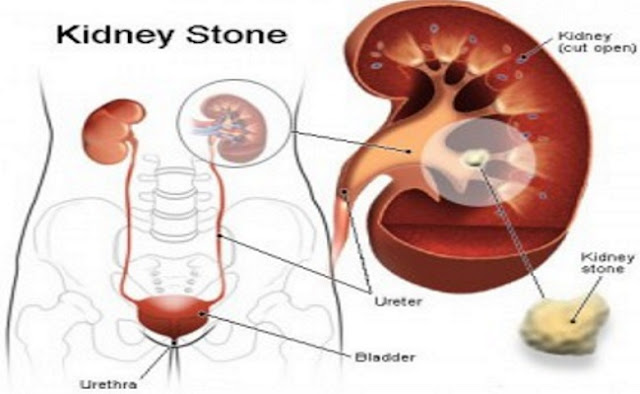Excess Amount of This Ingredient May Lead to Kidney Stones
Kidney stones. There’s no mistaking when you have them. They cause a sharp, piercing pain that comes on suddenly and will likely send you to the emergency room. In fact, kidney stones are one of the most common urinary problems experienced in the United States.

Numerous studies have been done in order to detect the cause of kidney stones, and one such study recently revealed that excess zinc could actually lead to the formation of the hard and jagged clumps of crystallized minerals that collect in the kidneys.
The Study
The study that found that excess zinc is linked to the formation of kidney stones was published in the scientific journal PLOS ONE. In this study, lead author Thomas Chi, MD, an assistant professor of medicine in the UCSF Department of Urology, examined the effect of zinc on fruit flies. Believe it or not, fruit flies actually produce stones that are very much like the stones that humans produce, making them the perfect model to study the cause and effect of kidney stones.
In the study, which the Buck Institute on Aging and the Children’s Hospital of Oakland Research Institute also participated in, the scientists involved studied both humans and fruit flies in order to investigate how zinc, oxalate, calcium and other types of minerals that are found in kidney stones interact.
The results of the study found that modifications in oxalate levels in the urine – known risk factors for the development of kidney stones – increased when the intake of zinc was increased. Interestingly enough, as the zinc levels dropped, so did the oxalate levels.
The Increased Prevalence of Kidney Stones
The incidence of kidney stones developing in humans has been on the rise in the United States for the last 30 years. It is estimated that 19 percent of men and 9 percent of women will develop kidney stones at some point in their lives.
The reason: Not drinking enough water, too much or too little exercise, bariatric (weight loss) surgery and/or eating food that contains high levels of sugar and salt. Other criteria that can contribute to the development of stones include family history and infections.
Dr. Chi explained that once one kidney stone develops, the likelihood of developing another stone within a five year period is 50 percent. He also noted that a new medication to prevent the risk of developing kidney stones has not been developed in more than 25 years – and the current medication is not completely effective.
The Implications
Given the results of this fruit fly study, it is suggested that individuals decrease their zinc intake in order to help prevent the development of kidney stones. If you believe that you are at risk for developing this urinary condition, speak with your medical care provider to discuss other ways that you can reduce your chances of developing this condition.
Stay healthy and positive! Share and make your loved ones aware!
Sources: FamilyDoctor.org | News Medical


